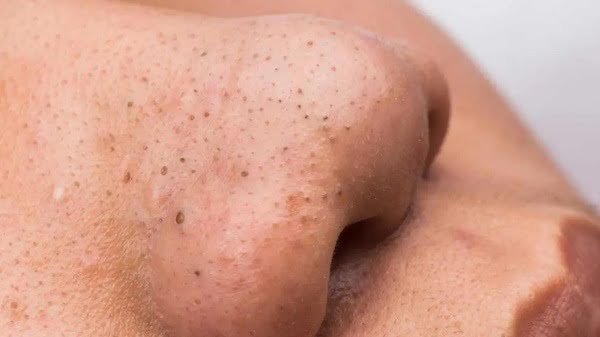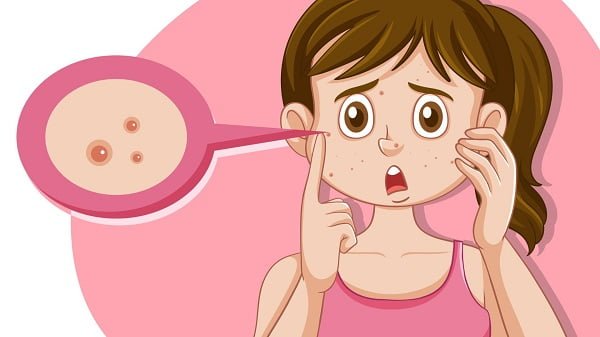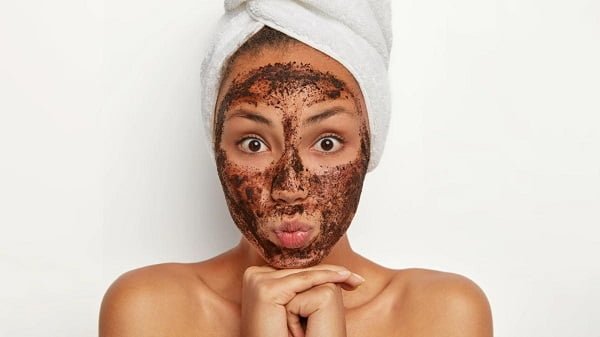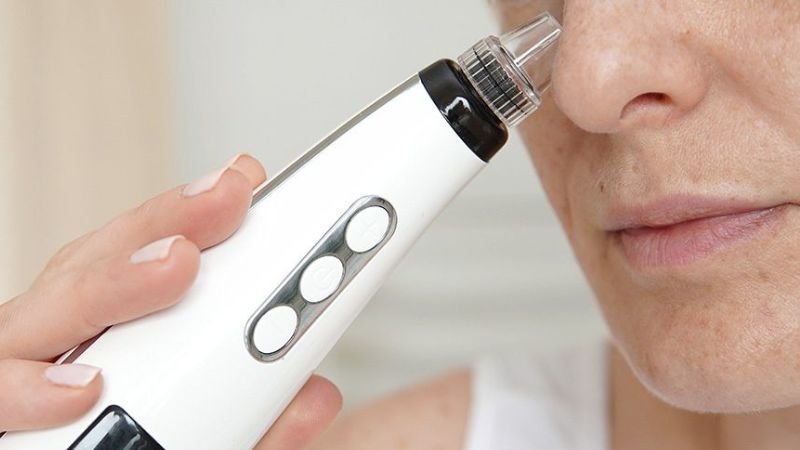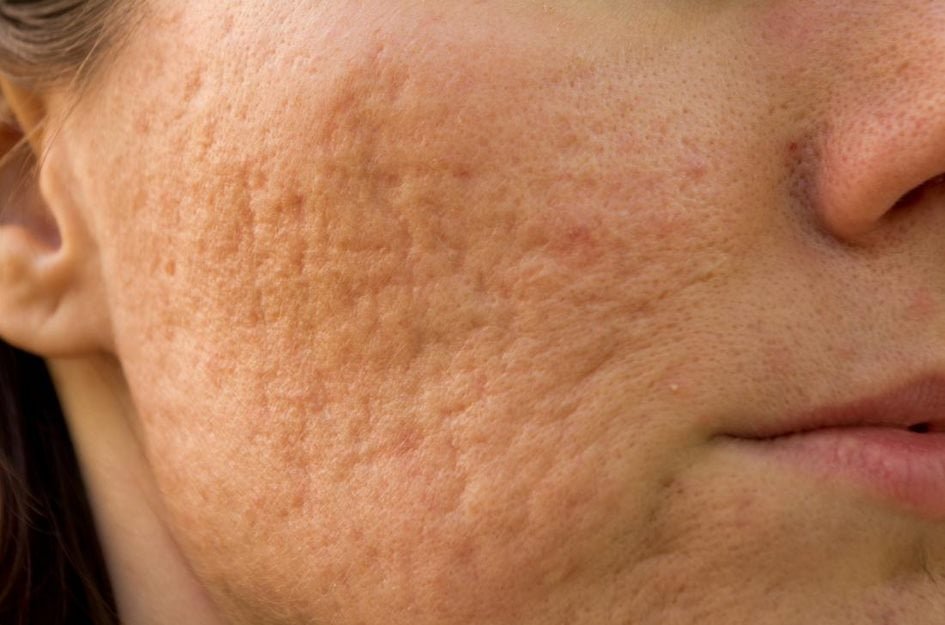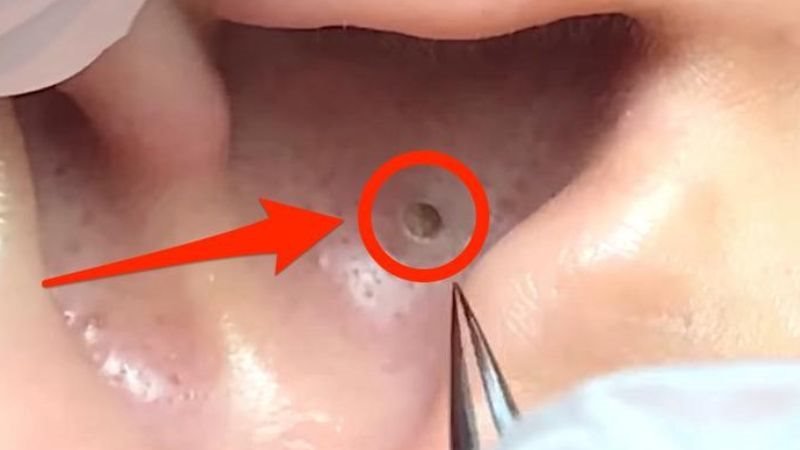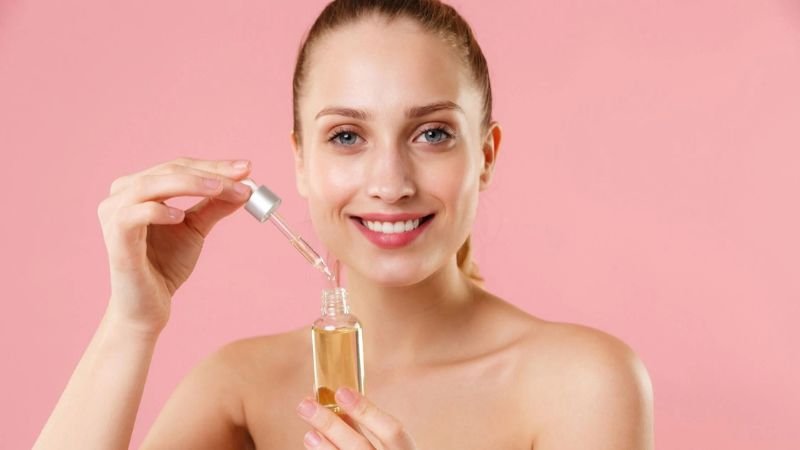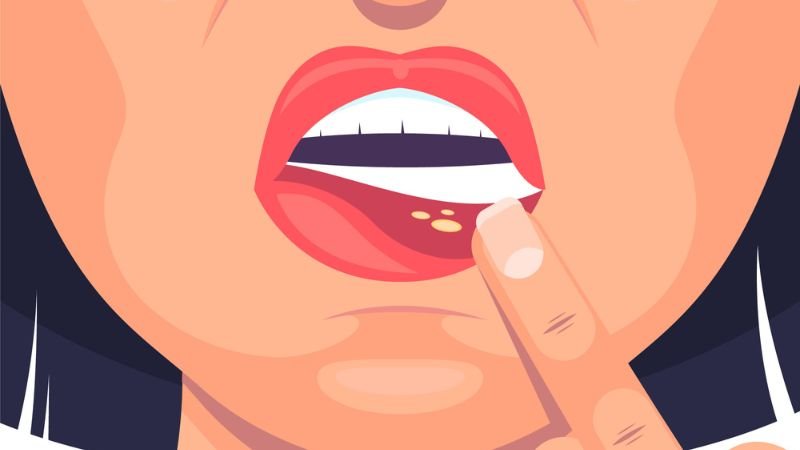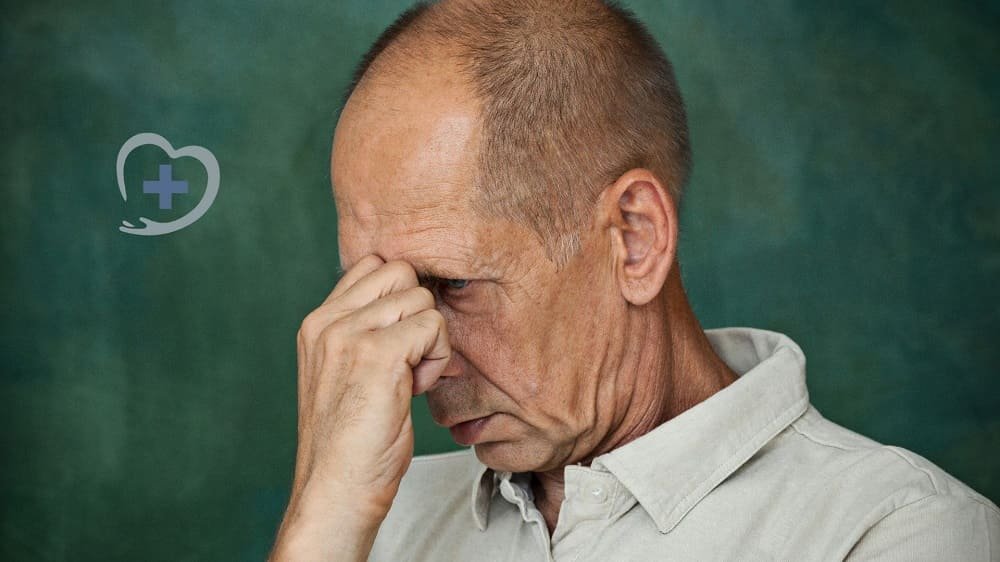Introduction:
Dealing with deep blackheads on the nose can be frustrating, but fear not – there are effective home remedies to help you achieve clearer, smoother skin. From gentle exfoliation to pore-clearing masks, let’s explore some simple yet powerful techniques to banish those stubborn blackheads for good. complexion. In this blog post, we’ll explore effective home remedies for pink skin after a scab, focusing on optimizing your skin’s recovery.
Understanding Deep Blackheads:
Blackheads are a type of acne caused by clogged pores filled with excess oil (sebum) and dead skin cells. When the pore is open and exposed to air, the trapped debris oxidizes, turning dark in color and giving blackheads their characteristic appearance. Deep blackheads, which are embedded deeper in the pores, can be particularly challenging to remove.
Why Deep Blackheads Grow on Nose-
Deep blackheads on the nose, like other types of blackheads, occur when pores become clogged with a combination of dead skin cells, excess oil (sebum), and sometimes bacteria. The difference between regular blackheads and deep blackheads lies in the depth of the clog within the pore.
- Excess Oil Production: The sebaceous glands in the skin produce sebum, which is necessary to keep the skin moisturized and protected. However, when the glands produce too much sebum or when the sebum becomes trapped within the pore, it can mix with dead skin cells and other debris, leading to the formation of a clog.
- Dead Skin Cells: The skin naturally sheds dead cells to make way for new ones. If these cells are not effectively removed from the skin’s surface, they can mix with sebum and become trapped in the pores, contributing to pore congestion and the formation of blackheads.
- Bacterial Growth: Bacteria, particularly Propionibacterium acnes, commonly reside on the skin’s surface. When pores become clogged with a combination of oil and dead skin cells, it creates an ideal environment for bacteria to thrive. This can lead to inflammation and exacerbate blackhead formation.
- Genetics: Some individuals may be genetically predisposed to produce more oil or have larger pores, making them more prone to blackheads and other forms of acne.
- Hormonal Changes: Hormonal fluctuations, such as those that occur during puberty, menstruation, pregnancy, or menopause, can increase oil production and lead to the development of blackheads.
- Environmental Factors: Exposure to pollutants, UV radiation, and other environmental aggressors can contribute to pore congestion and blackhead formation by increasing the amount of debris that accumulates on the skin’s surface.
Effective Home Remedies:
- Steam Treatment: Start by opening up your pores with a steam treatment. Boil water in a pot, then carefully place your face over the steam, covering your head with a towel to trap the steam. Steam for about 5-10 minutes to soften the skin and loosen debris within the pores.
- Exfoliation: Gentle exfoliation can help remove dead skin cells and unclog pores. Use a mild facial scrub or a gentle exfoliating brush to massage the nose area in circular motions. Avoid harsh scrubbing, as this can irritate the skin and exacerbate blackheads.
- Clay Mask: Apply a clay mask specifically formulated for deep cleansing and pore purification. Clay masks help absorb excess oil and impurities from the skin, making them an effective treatment for blackheads. Leave the mask on for the recommended time, then rinse off with lukewarm water.
- Baking Soda Paste: Create a paste using baking soda and water, then gently massage it onto the nose area. Baking soda has exfoliating properties that can help unclog pores and remove blackheads. Rinse off thoroughly with water after a few minutes.
- Honey and Cinnamon Mask: Mix together honey and cinnamon to create a natural mask with antibacterial and anti-inflammatory properties. Apply the mask to the nose area and leave it on for 15-20 minutes before rinsing off with lukewarm water.
- Tea Tree Oil: Tea tree oil is known for its antibacterial properties, making it effective for treating blackheads. Dilute tea tree oil with water or a carrier oil, then apply it to the nose using a cotton ball. Leave it on overnight and rinse off in the morning.
- Salicylic Acid Treatment: Salicylic acid is a beta hydroxy acid that penetrates the pores to dissolve excess oil and dead skin cells. Use a salicylic acid-based cleanser or spot treatment specifically targeted for blackheads to help clear out clogged pores.
Deep Blackheads Can leave Mark on Skin
Deep blackheads can sometimes leave marks on the skin, particularly if they have been squeezed or picked at aggressively. Here’s why:
Inflammation: When a blackhead is squeezed or picked, it can cause trauma to the surrounding skin tissue, leading to inflammation. Inflammation can result in redness, swelling, and irritation, and it can exacerbate the appearance of marks or scars left behind.
Post-Inflammatory Hyperpigmentation (PIH): After the inflammation subsides, the skin may produce excess melanin in the affected area as part of the healing process. This excess melanin can lead to darkening of the skin, known as post-inflammatory hyperpigmentation (PIH). PIH can appear as brown or black marks on the skin and can take weeks or even months to fade.
Scarring: In some cases, repeated squeezing or picking at blackheads can cause damage to the deeper layers of the skin, leading to the formation of scars. These scars may appear as indented or raised marks on the skin and can be more challenging to treat than PIH.
Conclusion:
With patience and consistency, these home remedies can help you effectively remove deep blackheads on the nose and achieve clearer, healthier skin. Remember to be gentle with your skin and avoid over-exfoliating, as this can lead to irritation and further breakouts. Incorporate these remedies into your skincare routine regularly for best results, and say goodbye to stubborn blackheads for good!
FAQs related to "How to remove deep blackheads on nose at home"
While it is possible to remove blackheads at home, it’s important to do so safely to avoid causing damage to the skin. Avoid aggressive squeezing or picking, as this can lead to inflammation, scarring, and further skin issues.
Effective methods for removing deep blackheads on the nose include steam treatments to open pores, gentle exfoliation to remove dead skin cells, and the use of pore-clearing masks or treatments containing ingredients like salicylic acid or clay.
The frequency of home remedies depends on individual skin sensitivity and the severity of blackheads. As a general guideline, it’s best to avoid over-exfoliating and to use treatments no more than 1-2 times per week to prevent irritation.
While some people believe that toothpaste can help dry out and shrink blackheads, it’s not a recommended method. Toothpaste contains ingredients that can be harsh and irritating to the skin, potentially causing more harm than good.
Results can vary depending on individual skin types and the severity of blackheads. With consistent use of appropriate home remedies, many people begin to see improvements in their skin within a few weeks to a couple of months.
When used properly, home remedies for blackheads are generally safe and well-tolerated. However, over-exfoliation or aggressive treatment can lead to skin irritation, redness, and dryness. It’s essential to listen to your skin and adjust your skincare routine accordingly.
To prevent deep blackheads from recurring, maintain a consistent skincare routine that includes gentle cleansing, regular exfoliation, and the use of non-comedogenic moisturizers and skincare products. Avoid pore-clogging ingredients and be mindful of factors that can contribute to blackhead formation, such as excess oil production and environmental pollutants.
If home remedies fail to effectively remove deep blackheads or if you experience severe inflammation, scarring, or other skin issues, it may be time to seek professional help. A dermatologist can provide personalized recommendations and treatments to address your skincare concerns effectively.

